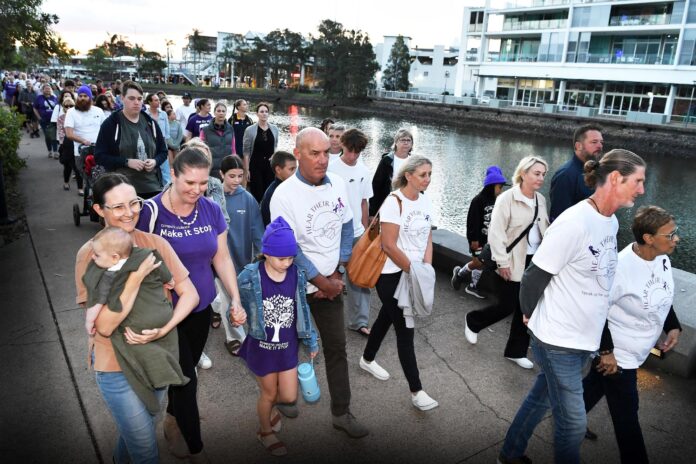The spotlight this month has been on domestic and family violence: how to better help victims, how to prevent it and how to intervene earlier.
It is a complex, multi-faceted problem as old as society itself that – the statistics and reports tell us – is getting worse.
What if a simple way of helping raise awareness was to change our way of talking about it?
When I hear ‘domestic and family violence’, I think physical altercation between those who share an abode or who are kin.
But substitute the word ‘abuse’ for ‘violence’ and it means another thing altogether: behaviour that intimidates, humiliates, controls and monitors, as well as physically hurts.
The adoption of the word ‘violence’ restricts the way people view abusive relationships.
If they are not being hit and hurt, they may consider that the support and advice proffered this month doesn’t apply to them.
Do you have an opinion to share? Submit a Letter to the Editor at Sunshine Coast News via news@sunshinecoastnews.com.au. You must include your name and suburb.
Words matter.
They impact understanding and select an audience.
And ‘violence’ is no longer correct for discussions around these undesirable interactions and behaviours in households and relationships.
We know more now.
Our understanding of impacts on humans is better.
And we know that domestic abuse is so much more than physical violence.

Abuse can inflict internal bruises and ripple out to affect people in ways deep and wide.
The term ‘domestic violence’ also has real impacts on how professionals recognise and respond to abuse.
People perceive that without physical violence, their situation is not ‘that bad’, that it is somehow ‘low-level’.
The cultural message is that physical pain trumps fear and worry, and that is simply not always the case.
The focus on physical violence also puts the spotlight squarely on one person: the victim of the beating.
But evidence shows the effects on children and a wider family can also be severe.
Queensland’s courts made 58,314 DV orders last financial year.
Australian Institute of Health and Welfare figures show one-in-10 adults nationwide has experienced violence from a partner, and one-in-20 adults from a boyfriend, girlfriend or date.
They are sure to be the tip of the iceberg if we start using the correct word for this scourge: ‘abuse’.
DV Connect 1800 811811; Lifeline 131114.
Dr Jane Stephens is a UniSC journalism lecturer, media commentator and writer.





